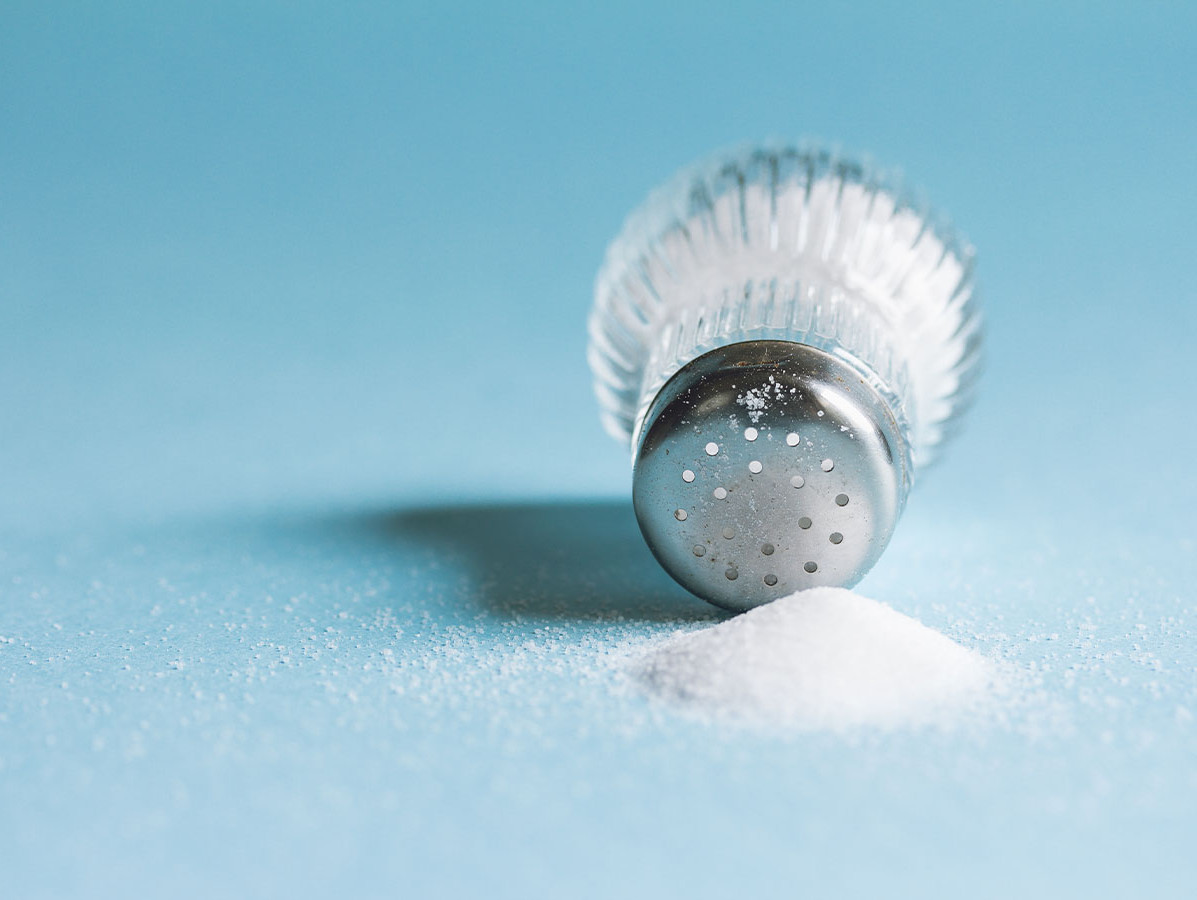
Excessive salt in our diet leads to serious health issues such as high blood pressure and cardiovascular diseases. Yet, salt remains an essential ingredient in many kitchens. Recent research now offers a healthier alternative: potassium salt.
It’s widely known that excessive salt consumption is harmful to health. Research shows that more than 85 percent of the Dutch population consumes more salt than the recommended daily amount of 6 grams. This excess sodium increases the risk of cardiovascular diseases, strokes, and premature death. With most supermarket products high in salt, reducing salt intake remains a challenge.
Researchers, led by Bruce Neal, have closely examined potassium salt as a potential solution. In a large-scale study conducted in China, involving over 20,000 villagers, it was found that replacing table salt with potassium salt resulted in significant health benefits. After five years, the group using potassium salt had a 14 percent lower risk of stroke and a 12 percent lower risk of premature death compared to those who continued using traditional salt. The findings, as reported by Neal to Scientias.nl, suggest that potassium salt could be an effective and safer alternative to table salt.
Despite the positive outcomes, the widespread effectiveness of potassium salt as an alternative depends on consumers' willingness to make the switch. According to Neal, the transition is straightforward and cost-effective. The challenge, however, lies not just with consumers, but also with producers, retailers, and governments to support and promote this change. Neal emphasizes that this simple intervention could have a global impact on public health.
Source: Scientias